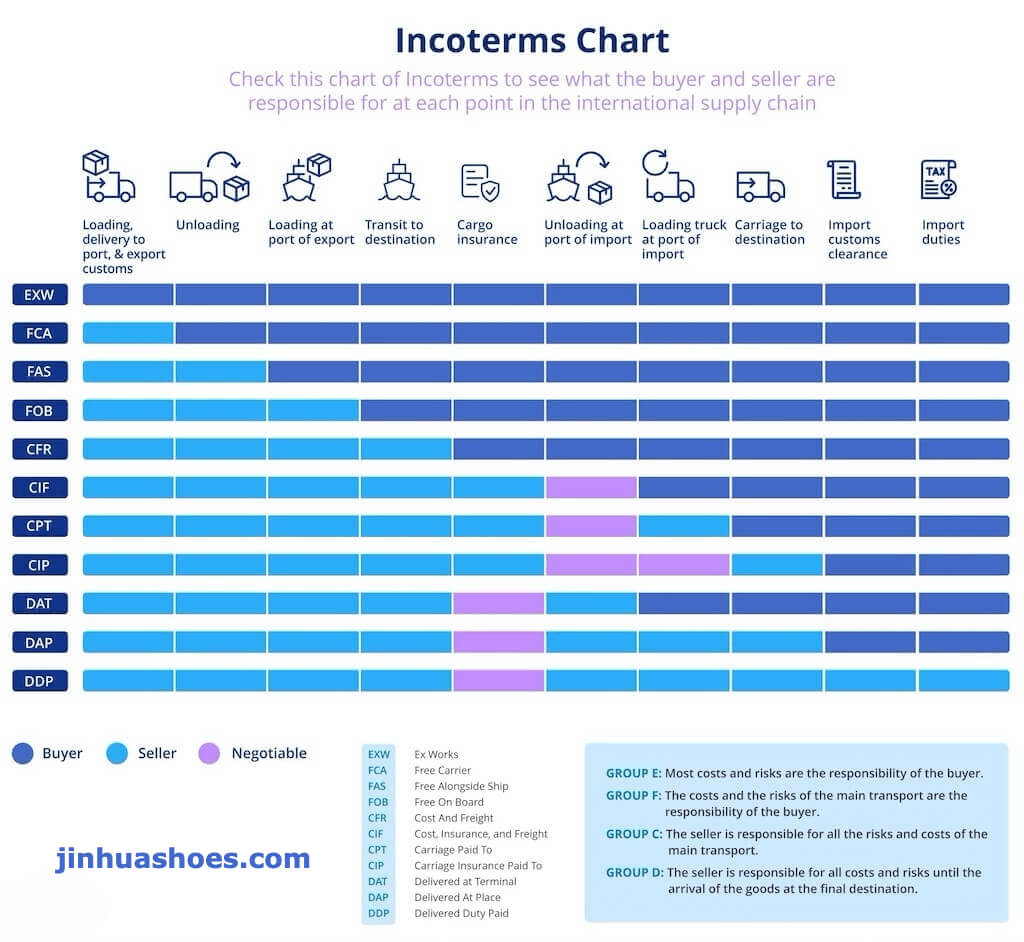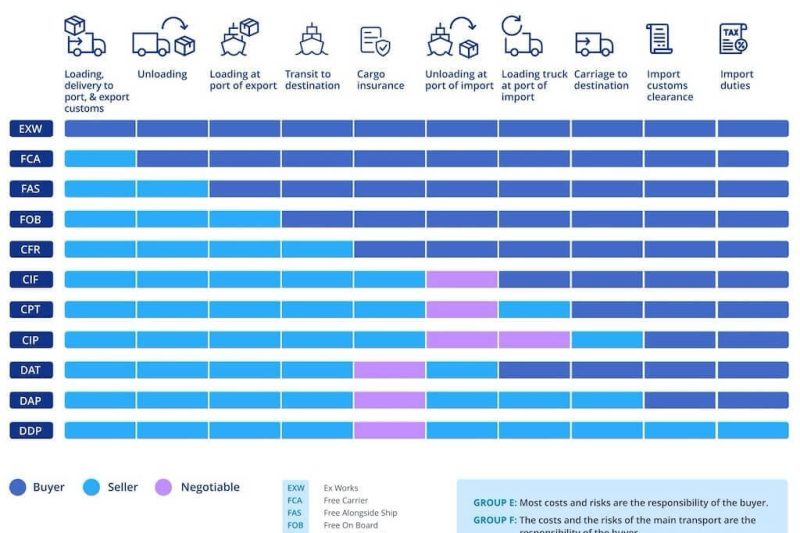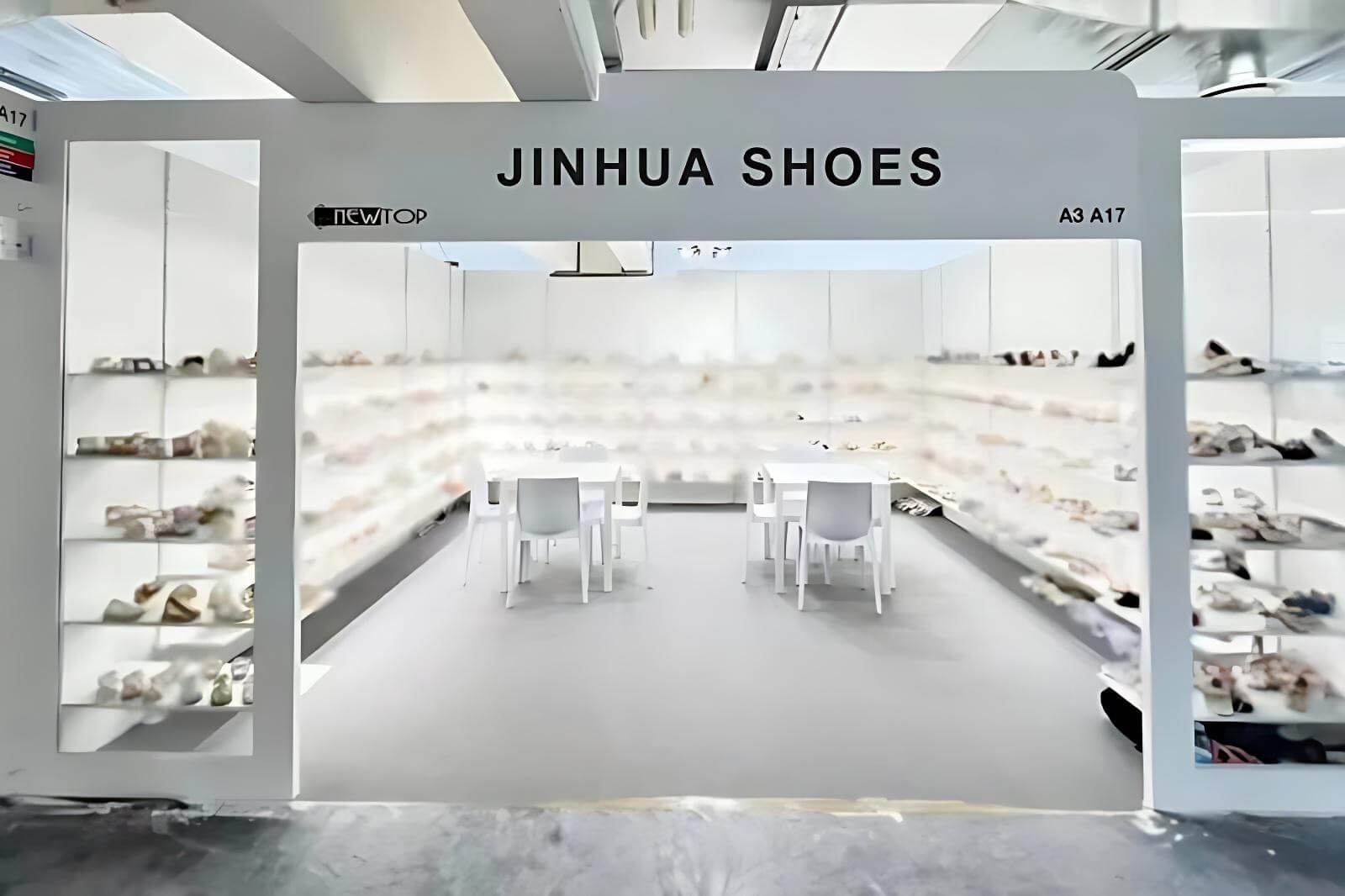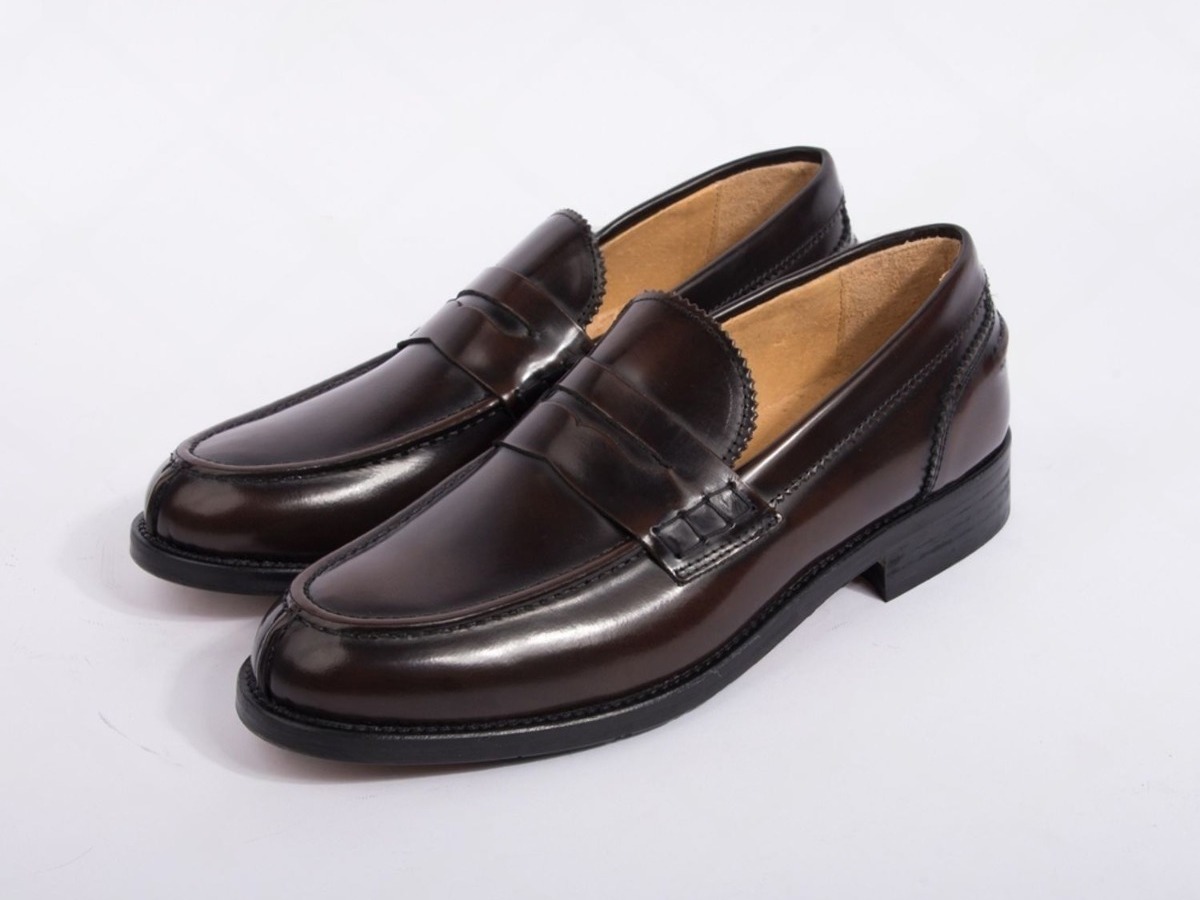You’ve found the perfect shoe manufacturer, you’ve approved the final samples, and you’re ready to place your first big order. Now comes the part of the contract that makes most people’s eyes glaze over: a series of three-letter acronyms like EXW, FOB, and DDP.
These are Incoterms, and ignoring them is one of the costliest mistakes a new (or even experienced) footwear buyer can make.
Think of Incoterms as the part of your contract that answers the most important questions of international trade. Who pays for what? And, more importantly, who is responsible if your container of brand-new custom sneakers ends up damaged or delayed somewhere between the factory in China and your warehouse in California? Getting this wrong can lead to thousands of dollars in unexpected bills, customs nightmares, and arguments over who is liable for lost goods.
As a footwear manufacturer that ships thousands of containers globally every year, we’ve seen it all. We’ve seen buyers save a fortune by choosing the right term, and we’ve seen others get hit with surprise port fees that wiped out their profit margin. This isn’t a legal textbook. This is a practical, no-nonsense playbook to help you understand the Incoterms that actually matter for your footwear sourcing business.
What Are Incoterms? (And Why They Matter for Your Bottom Line)
In short, Incoterms are a set of 11 official rules, published by the International Chamber of Commerce (ICC), that define the responsibilities of sellers and buyers in international shipping. They are the universal language of global trade.
But here’s what that really means for you, the shoe buyer: they directly impact your total landed cost and your level of risk.
Every cost—from the truck that picks up the cartons at our factory, to the port handling fees, to the import duties you pay—is assigned to either the buyer or the seller based on the Incoterm you choose. It also defines the exact moment in the journey when the legal risk for the product transfers from our shoulders to yours. Understanding this is not just a logistics detail; it’s a fundamental part of managing your business’s financial health and supply chain resilience.
The “Big Three” Incoterms for Sourcing Shoes from Overseas
While there are 11 official Incoterms 2020 rules, the reality is that in the world of B2B footwear and accessories, you will encounter the same three terms about 95% of the time. Let’s break them down with real-world footwear scenarios so you can see exactly what they mean for your next order.
EXW (Ex Works): Maximum Control, Maximum Responsibility
This is the “You Handle Everything” option. It places the minimum responsibility on the seller (us) and the maximum responsibility on the buyer (you).
Footwear Scenario: Imagine this: we’ve just finished producing your order of 500 cartons of beautiful leather boots. We stack them neatly on pallets, shrink-wrap them, and place them by our factory’s loading dock in Jinjiang, China. The moment we notify you that they are ready, they become 100% your problem. You have to arrange and pay for the truck to pick them up, the Chinese export customs clearance, the ocean freight, the US import customs, and the final delivery to your warehouse.
Who is this really for? EXW often looks attractive because the per-unit price is the lowest. But it’s only suitable for very large, sophisticated importers who have their own logistics teams and a registered legal entity in the origin country (e.g., China) to handle export formalities. For 99% of footwear brands, especially small to medium-sized ones, the logistical complexity and hidden costs make EXW a poor choice.
FOB (Free On Board): The Industry Standard (With a Catch!)
FOB is arguably the most common Incoterm in international trade. It represents a balanced distribution of costs and responsibilities.
Footwear Scenario: We handle everything required to get your container of custom design shoes from our factory floor to the Port of Xiamen. This includes production, quality control, trucking to the port, and clearing Chinese export customs. We are responsible for all costs and risks until the container is physically loaded on board the vessel you have nominated. The moment the container is safely on the ship, the responsibility and cost transfer to you. You and your freight forwarder handle the ocean freight, insurance, and everything from the destination port onwards.
Crucial Insider Tip (Our Secret Weapon): Here’s something most people won’t tell you. The official Incoterms rules state that FOB should only be used for non-containerized sea freight (like bulk cargo). Why? Because a sealed container is often dropped off at a port terminal days before it is actually loaded onto the ship. During that time—that “window of risk”—who is liable if the container is damaged? Under FOB terms, it’s ambiguous, but the seller is often still technically on the hook until it’s loaded. This is a big reason why experts now recommend a “smarter” term for container shipments…
DDP (Delivered Duty Paid): The “All-Inclusive” Option
This is the simplest, most “hands-off” experience for the buyer. It places the maximum responsibility on the seller.
Footwear Scenario: You want one simple, all-inclusive price for your new line of fashion sandals to arrive at your distribution center in Los Angeles. DDP is your answer. The price we quote you is the final, landed cost. We arrange and pay for everything: the ocean freight, the insurance, the US customs clearance, and all US import duties and taxes. Your only job is to be ready to unload the truck when it arrives at your door.
Who is this *really* for? DDP is perfect for new brands, smaller boutiques, or any business that wants to eliminate logistical headaches and get a clear, predictable final cost. It allows you to focus on marketing and selling, not on customs paperwork. The trade-off is that it’s generally the highest per-unit cost, as the seller is managing all the risk and logistics, and you have less control over the shipping process.
FCA: The “Smarter FOB” for Your Containerized Shoe Shipments
This is the expert-level tip that can save you a lot of potential trouble. Given that nearly all finished footwear is shipped in containers, understanding FCA (Free Carrier) is your secret weapon.
What it is: FCA was specifically designed for modern containerized shipping. Under FCA, the risk and responsibility transfer from us (the seller) to you (the buyer) at an earlier, more logical point: when we deliver the container to your nominated carrier at a named place. This “named place” is typically the port terminal or container yard.
Why it’s better than FOB: It eliminates the “window of risk.” The moment your freight forwarder’s agent signs for the container at the Xiamen Port terminal, the liability is officially transferred. There is no ambiguity. This is cleaner, safer, and the method recommended by the ICC for all container shipments. While many in the industry still use FOB out of habit, asking your shoe supplier for an FCA quote shows that you are a knowledgeable and professional buyer.
At-a-Glance Chart: Key Responsibilities for Footwear Buyers
To make it simple, here is a chart comparing the four key terms across the responsibilities that matter most to a shoe buyer.
| Responsibility | EXW (Ex Works) | FCA (Free Carrier) | FOB (Free On Board) | DDP (Delivered Duty Paid) |
|---|---|---|---|---|
| Product Manufacturing | Seller | Seller | Seller | Seller |
| Trucking to Origin Port | Buyer | Seller | Seller | Seller |
| Export Customs Clearance | Buyer | Seller | Seller | Seller |
| Origin Port Terminal Fees | Buyer | Seller | Seller | Seller |
| Loading onto Vessel | Buyer | Buyer | Seller | Seller |
| Main Ocean Freight | Buyer | Buyer | Buyer | Seller |
| Cargo Insurance | Buyer | Buyer | Buyer | Seller |
| Destination Port Fees | Buyer | Buyer | Buyer | Seller |
| Import Customs Clearance | Buyer | Buyer | Buyer | Seller |
| Import Duties & Taxes | Buyer | Buyer | Buyer | Seller |
| Trucking to Your Warehouse | Buyer | Buyer | Buyer | Seller |
| Point of Risk Transfer | Factory Door | Port Terminal | On Board Vessel | Your Warehouse Door |

The Bottom Line: Which Incoterm Should You Choose?
Let’s translate all this information into a simple decision-making tool.
Choose EXW or FCA if: You are an experienced importer with a trusted freight forwarder, and your primary goal is to have maximum control over your logistics and achieve the lowest possible product cost (though your total landed cost might be higher).
Choose FOB or FCA if: You are like 90% of footwear importers. You want a good balance of cost and control. You have a freight forwarder you trust to handle the international transit, but you want your supplier to manage the complexities of getting the goods out of the origin country. (Just remember to prefer FCA for container shipments!)
Choose DDP if: Your primary goal is convenience and budget predictability. You are willing to pay a premium to have a single, all-inclusive price and to avoid the headaches of managing international shipping and customs.
Frequently Asked Questions
Q1: My supplier insists on using CIF. What should I know? CIF (Cost, Insurance, and Freight) is similar to FOB, but the seller also arranges and pays for the insurance. This sounds convenient, but be careful. The risk still transfers to you the moment the goods are on board the vessel. If there is a problem, you have to file a claim with an insurance company chosen by your supplier, which can be a slow and difficult process. Most experienced buyers prefer to arrange their own insurance under FOB or FCA terms for better coverage and control.
Q2: Do Incoterms decide when I officially own the shoes? This is a critical point: No. Incoterms only define the transfer of risk and cost. The transfer of title (ownership) is a separate legal matter that should be clearly defined in the “Terms and Conditions” section of your sales contract or purchase order.
Q3: Are Incoterms negotiable with my shoe manufacturer? Absolutely. The Incoterm is a fundamental part of your commercial negotiation, just like price and lead time. A good manufacturing partner will be happy to provide quotes for different Incoterms (like FOB and DDP) so you can compare the total landed cost and make the best decision for your business.
Conclusion: Beyond Terms, It’s About a Transparent Partnership
Navigating Incoterms can feel complex, but it doesn’t have to be. The most important choice you can make is not just the three-letter acronym, but the partner you trust to ship your products.
A great manufacturing partner believes in total transparency. They will walk you through the options, explain the costs clearly, and help you choose the shipping terms that give you the perfect balance of cost, control, and peace of mind. Your footwear supplier should be more than just a factory; they should be a key part of your global team.
Ready to build your next collection with a partner you can trust?
Contact our team today for a clear, detailed quote on your next footwear project. We’re ready to help you build a smarter, more efficient supply chain.
📧 Email: sales@jinhuashoes.com
(You’ll get personalized, expert feedback within 12 business hours.)


